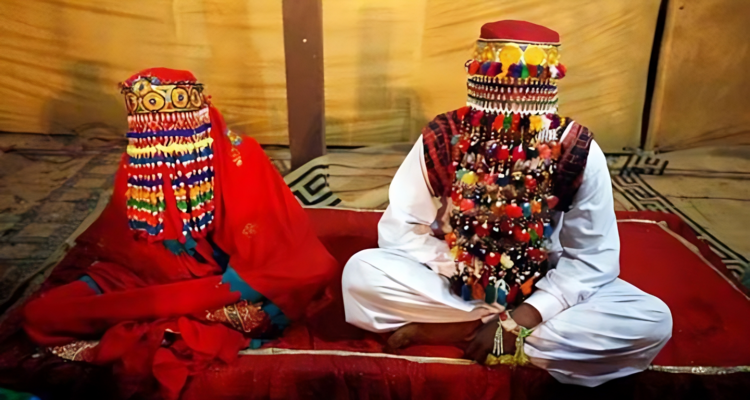
In a significant ruling, the Allahabad High Court has shed light on the nuances of dowry laws, distinguishing between punishable offenses and acts that don’t warrant legal action. The court’s decision came in response to a dowry harassment case where the defendants were accused of demanding a car and taunting the complainant for insufficient gifts at the time of marriage.
A Closer Look at the Case
The case (Criminal Misc. Application No. 36921 of 2018) involved Shabban Khan and others seeking to quash criminal proceedings against them in a dowry harassment case. The complainant alleged harassment for bringing insufficient dowry, including demands for a car, coupled with threats and assault.
Key Legal Issues and Court’s Observations
The High Court, under Justice Vikram D. Chauhan, addressed pivotal legal questions surrounding the case:
1. Specificity of Allegations: The court examined whether the accusations against the defendants were specific enough to constitute dowry harassment.
2. Definition of Cruelty: It deliberated on whether taunting a woman for fewer gifts amounted to cruelty under Section 498A of the IPC.
3. Lack of Specificity: The court scrutinized the vagueness and lack of specificity in the allegations against the defendants.
Court’s Verdict and Implications
Justice Chauhan made critical observations emphasizing the importance of clear allegations and the distinction between punishable offenses and mere taunts. The court quashed proceedings against the defendants, highlighting the need for concrete evidence to establish guilt.
Legal Representation and Conclusion
The defendants were represented by advocates Mukhtar Alam and Saquib Mukhtar, while the State of Uttar Pradesh was represented by the Government Advocate and Pankaj Satsangi. The complainant did not participate in the proceedings.
This ruling not only clarifies the legal landscape surrounding dowry harassment but also underscores the significance of precise allegations and evidence in ensuring fair trial and due process.
Read More: Supreme Court, Delhi High Court, States High Court, Other Courts, International




